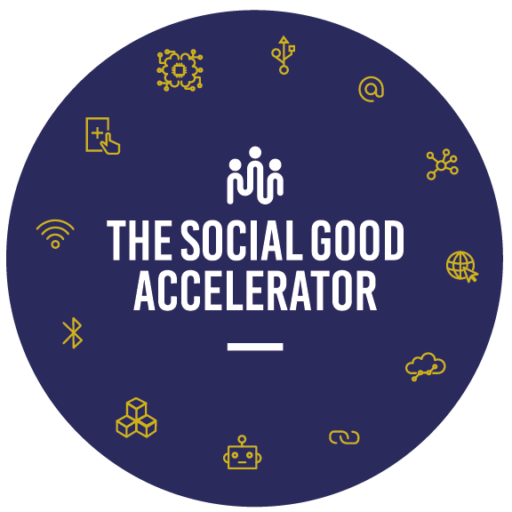A look back at 4 days of work for the Social Tech Academy team: #SHU2022 and our transnational meeting in Italy
The Social Tech Academy project has 4 European partners: Pour La Solidarité in Belgium, Fundacion Esplai in Spain, Egina in Italy and Social Good Accelerator in France. At the beginning of July, we met for the first time in Foligno and Montefalco in Italy for 4 intense days around Social Tech.
Warmly welcomed by our Italian partner Egina, it was with pleasure that we participated in the Social Hackaton #SHU2022 during the last two days of the event. Afterwards, we dedicated ourselves to our transnational meeting. Here is a look back at these four days of sharing and enrichment.
The Social Tech Academy team, jury of the Social Hackaton #SHU2022
The main event of #SHU2022 was the Hackathon, the final phase of several training courses offered by the Social Hackademy Lab to students and young people from across Europe. The competition brought together teams of up to 10 people, consisting of young hackers and an experienced team leader. Their objective was to develop a digital project with social impact.
As a jury, we discovered 8 innovative projects using digital technologies for social purposes. We particularly appreciated the “Anlaids” project, a multilingual platform that guides immigrants step by step in booking an appointment for a free screening for sexually transmitted diseases

The Social Tech Academy team on 6 July in Foligno, Italy.
The second transnational meeting of the Social Tech Academy project
On 5 and 6 July we held our first face-to-face meeting, after a fully online kick-off. This meeting was an opportunity to go back over all aspects of project management: deadlines, deliverables, administrative and budgetary follow-up.
Launched in February 2022, the first work block of the project is now almost complete. It consists of a review of the situation in order to better identify the expectations and needs of our 4 target audiences: students, social economy managers, people undergoing professional retraining and social economy trainers.
The literature review highlighted the opportunities of the digital transition supported by the European Union for social economy organisations, while underlining the obstacles and barriers to the digital transition of the social economy. Secondly, the questionnaire, which received 116 responses, highlighted the needs of our target audiences. On this basis, the training strategy will be built by the end of July. The results of our work will be published shortly.
Finally, after reviewing the work accomplished, we worked together to write an editorial schedule, to establish the architecture of the future platform and to define the themes of future training modules.
On the strength of these exchanges, the Social Tech Academy team reaffirms its enthusiasm for the idea of building the Social Tech Academy, which we hope will help bring the social economy into the digital age.

